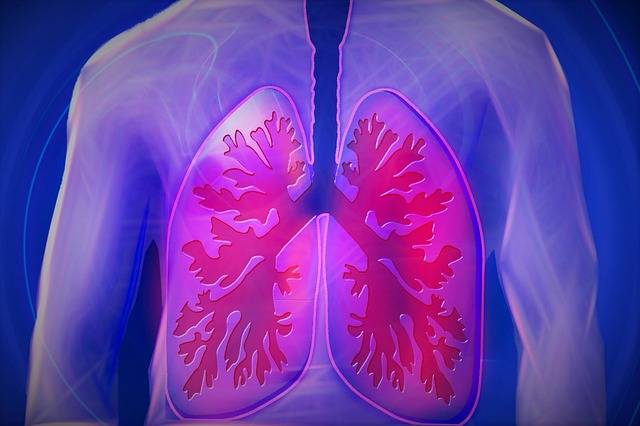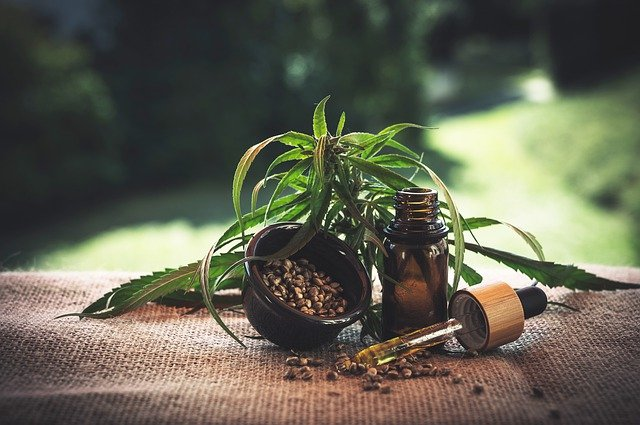by Sugar Team August 19, 2022 6 min read

Yes. If you just searched "should I quit smoking?" and landed on this page, that's the answer.
It's a simple answer, but one that so many people struggle to accept every day. Nicotine addiction is tough to overcome; personal, societal, and environmental pressures can derail any quitting attempt quickly.
Smoking is the leading cause of preventable death in the United States, accounting for more than 480,000 deaths each year. But despite these grim statistics, about 13 percent of American adults still smoke cigarettes. And while many smokers know that it is bad for their health, they just can’t find a reason to quit.
So if you need a little push or a little reassurance in your decision to quit, we’re here to help.
There are more than ten, but for now, let’s go through some of the most common.
We’ve already referenced this statistic above, but it is vital to repeat how shocking it is. Smoking is the leading cause of preventable death in the United States.
Every year, smoking kills more people than car accidents, alcohol abuse, HIV/AIDS, and drug overdoses combined.
Worldwide, it causes more than 7 million deaths each year. Even if you manage to last a little longer, on average, smokers die ten years earlier than non-smokers.

Cigarette smoke contains more than 250 harmful chemicals, including at least 69 known to cause cancer. Smoking is linked to lung, throat, mouth, kidney, bladder, pancreas, and stomach cancers. It also increases the risk of leukemia and other blood cancers.
According to the CDC, for every person who dies because of smoking, at least 30 others are living with a serious smoking-related illness, such as lung cancer.
Cigarette smoking is a major cause of cardiovascular disease, including heart attacks, strokes, and peripheral vascular disease (narrowing of the blood vessels outside of the heart). It’s also a leading cause of chronic obstructive pulmonary disease (COPD), which includes emphysema and chronic bronchitis.
One study found that the overall physical activity skills of young smokers also decreased, leading to a gradual loss of strength.
Cigarette smoking can damage the reproductive system in both men and women, making it harder to conceive. In men, smoking decreases the sperm count and motility (movement), while making them 1.5 times more likely to experience erectile dysfunction.
In women, smoking can damage the eggs and make them less likely to implant in the uterus.
The good news is that after quitting, your reproductive health usually returns to normal after about three months, though there may be more long-term complications depending on other factors.
Women who smoke during pregnancy are more likely to have a miscarriage or stillbirth. They’re also more likely to have a baby with low birth weight, which can lead to health problems later in life.
This isn’t just once you know you’re pregnant, either – the effects of long-term smoking can be felt even if you never pick up a cigarette after conception.

Secondhand smoke is the combination of smoke that comes from a burning cigarette and the smoke exhaled by the smoker. It’s harmful to both children and adults, causing respiratory problems, lung cancer, and other health problems.
Of the 480,000 deaths referenced above, more than 40,000 are due to secondhand smoking alone.
The chemicals in cigarette smoke damage the collagen and elastin in your skin, which leads to wrinkles. Smoking also decreases blood flow, which dries out the skin and makes it more likely to wrinkle.
In reality, the best beauty product you can buy is a trashcan for your cigarettes.
Ever tried to kiss a smoker? The nicotine and tar in cigarettes stain teeth and cause yellowing. They also contribute to gum disease by preventing oxygen from reaching the gum tissue. Gum disease can lead to tooth loss and other dental hygiene issues.
If you are old enough to remember when most bars and clubs allowed indoor smoking, you’ll know exactly what the smell of stale cigarettes is.
Cigarette smoke clings to hair, skin, and clothing, and it can be hard to get rid of the smell. Even if you don’t smoke yourself, you may still smell like smoke if you’re around smokers a lot.

The average price of a pack of cigarettes in the United States is now $8.00, and many smokers spend hundreds or even thousands of dollars a year on their habit. If you quit smoking, you’ll save money that you can use for other things.
Not only that, but it also costs the country more than $240 billion in healthcare spending each year. The total cost for the U.S. is estimated at more than $600 billion annually, because of things like lost productivity while ill, and premature death from secondhand smoke.
These are just some of the reasons for quitting tobacco. Cigarette smoking is harmful to your health, and there’s no safe level of exposure. The best way to protect yourself and your loved ones is to quit smoking for good.

Easier said than done, right? You may have tried a hundred times to ditch cigarettes, leading you to give up on the endeavor altogether. You might even feel as though you’re too far gone at this point.
Remember, it’s never too late! The American Cancer Society explains that:
20 minutes after quitting, your heart rate and blood pressure start to fall.
Days after quitting, the level of carbon monoxide in your blood returns to normal.
Weeks after quitting, your circulation and lung function start to improve
Months after quitting, coughing and shortness of breath decrease, while the risk of infection drops.
1-2 years after quitting, your risk of heart attack is dramatically reduced.
5-10 years after quitting, your risk of cancers of the mouth is cut in half, and the risk of stroke decreases.
10 years after quitting, your risk of lung cancer is half of someone that still smokes.
15 years after quitting, your risk of heart disease approaches that of a non-smoker.
These show that anyone, at any age, after smoking for any length of time, can still reap the benefits of quitting.
Here are five tips that can help you quit smoking for good:
Choose a day within the next two weeks as your official quit day. Mark it on the calendar, and tell your family, friends, and co-workers about your plan. This will give you time to prepare without feeling overwhelmed. It will also allow you to track your progress and see how far you've come.
Yes, smoking is terrible for your health. But there are other reasons to quit, too, like the ones above. Write them down and refer to them when you're struggling to stay smoke-free. For example:
I want to be able to run without feeling winded.
I want my clothes and skin to smell fresh, not like smoke.
I don't want my teeth and fingers to turn yellow.
I want to save money so that I can buy the things I want.
Smoking is gross, and I don't want to do it anymore.
These can be as personal or as general as you want, but make sure they're reasons that matter to you.

Think about what triggers your urge to smoke, such as after a meal or when you drink alcohol. Avoid these situations, or come up with a plan for how to deal with them without smoking. For example, you might:
Chew gum or eat hard candy on your way to and from work
Exercise regularly to distract yourself
Call a friend who doesn't smoke for support
There will be times when you are tested, and even times when you fall off the wagon. But try to prepare accordingly and give yourself the best chance to overcome any obstacles.
That last bullet point shouldn’t be overlooked. Quitting smoking is easier with the help of family, friends, and others who are going through the same thing. There are also many quit-smoking programs and support groups available to help you along the way.
You don’t have to do it alone, and it shouldn’t be embarrassing to ask for help. This is an addiction, and millions of people fail to quit every year.
There are many options available to help you quit smoking, including nicotine replacement therapy, prescription medications, and counseling. Talk to your doctor about which option is right for you.
A solution that continues to grow in popularity is replacing it with CBD.

CBD is short for cannabidiol, and it is derived from the hemp plant. It does not produce a "high" or psychoactive effect because it does not contain THC, the cannabinoid that produces this effect.
CBD oil has been shown to provide several health benefits, including reducing anxiety, relieving pain, and improving sleep. It can also be used to help quit smoking cigarettes.
No matter how many times you've tried to quit before, remember that it's never too late to start fresh on your journey to smoking cessation. These tips can help increase your chances of success and make quitting smoking a little easier.

by Sugar Team April 10, 2023 7 min read

by Sugar Team March 31, 2023 8 min read

by Sugar Team March 17, 2023 7 min read